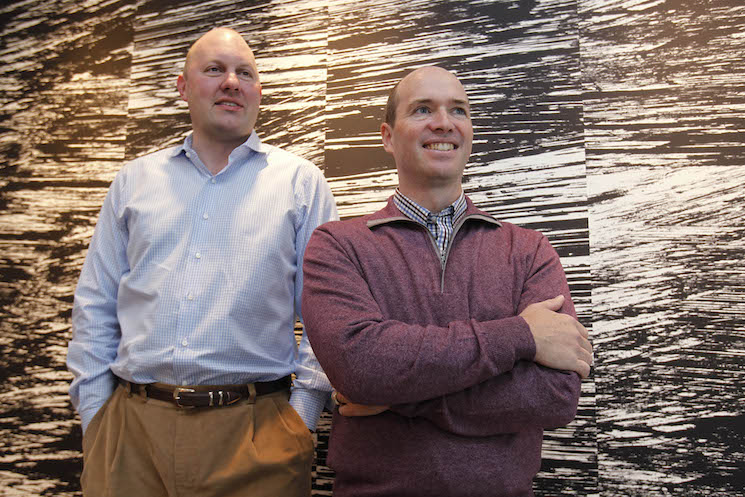What happens if the “unicorn” bubble bursts?

Take a look at the valuations of vaunted startups, the lack of initial public offerings of those startups, and the some of the available data on the earnings of those private companies and you’ll probably think very quickly there is a unicorn bubble about to burst. Certainly that’s the view of Gideon Lewis-Kraus, who took a look at the possibly impending explosion last month in the New York Times Magazine. Venture capitalists and company founders would be at the epicenter of a such a decline in the value of these companies, but could there be broader implications for the economy overall? Lewis-Kraus mentions the staff at these companies as well as the support staff as potential victims of the bubble. But could there be wider ramifications?
Well, there could be depending on how much the owners of these firms pull back on spending once these startups take a hit. As the net worth of these owners drops, they’re probably going to pull back on spending as they have fewer resources. This drop in net worth could result in a drop in consumption. But it’s not clear right away exactly how sensitive individuals are to these changes and how much this sensitivity differs by levels of wealth and the kinds of assets that are on the decline.
Thankfully, there’s research on this topic. Individuals with high levels of wealth have a lower consumption sensitivity to declines in wealth while those at the middle or the bottom have a higher sensitivity. Economists call this sensitivity the “marginal propensity to consume.” If I give you an extra dollar, how much of that dollar are you going to spend? As the research shows, the amount of wealth inequality and the distribution of ownership of assets affect the response to a bursting bubble. If an asset is broadly owned by a large chunk of the population (say close to 70 percent at one point) and its price declines by a significant amount (say about 30 percent), then that’ll affect a lot of people with high marginal propensities to consume and would (in this strictly hypothetical case) cause a major pull back in consumption and a large decline in economic growth.
So what would happen if the current Silicon Valley bubble bursts? Well, first, the size of the bubble doesn’t appear to be that large. As Lewis-Kraus points out, the size of this bubble is significantly smaller than the last major tech bubble that popped in 2001. But in addition, the bubble hasn’t spread as far. The ownership of highly valued firms whose prices may drop is definitely not widely dispersed as these firms are still privately-held and not available on publicly traded stock markets. And the current owners are wealthy individuals. In other words, the pain of the bubble likely will fall mainly on the wealthy households who have low marginal propensities to consume. Now, perhaps most of their wealth is illiquid (they can’t sell it easily) so maybe for some of the founders whose wealth is tired up almost entirely in the company will have to pull back quite a bit. But that’s only for a small segment of the population.
This isn’t to say that we don’t know everything about how households react to drops in wealth. In a chapter for the Handbook of Macroeconomics, economists Atif Mian at Princeton University and the University of Chicago’s Amir Sufi— co-authors of research highlighting variances in marginal propensities to consume—note that the data needed to understand the consequences of consumption shocks are rare. Researchers need better quality consumption data, either from private companies or from governmental sources. Given how important these underlying numbers would be to help shape policy reactions to a recession, this seems like a worthy endeavor.

